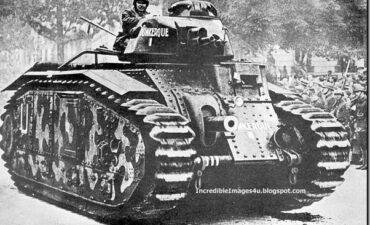How was Nikita Khrushchev removed from power? Nikita Khrushchev was removed from power in October 1964 through a carefully orchestrated coup led by members of the Soviet political elite, primarily from the Communist Party and the KGB.
Growing Opposition and Discontent:
Khrushchev’s policies, particularly his de-Stalinization campaign, agricultural reforms, and the handling of the Cuban Missile Crisis, led to growing dissatisfaction among the Soviet leadership. His erratic behavior and tendency to make unilateral decisions without consulting other members of the Politburo further alienated his colleagues.
Conspiracy Within the Politburo:
Key figures in the Politburo, such as Leonid Brezhnev, Nikolai Podgorny, and Alexander Shelepin, began plotting against Khrushchev. They were dissatisfied with his leadership style and policies, and they believed that his removal was necessary to stabilize the country and the Party.
Summoning to a Vacation:
In October 1964, while Khrushchev was on vacation in Pitsunda, a resort on the Black Sea, he was summoned to a special meeting of the Presidium (the Politburo’s executive committee). The meeting was ostensibly called to discuss various issues, but it was a trap.
Confrontation and Removal:
When Khrushchev arrived at the meeting, he was confronted by his critics. Brezhnev and others accused him of various failures, including economic mismanagement, foreign policy blunders, and authoritarianism. Khrushchev attempted to defend himself, but he was outnumbered and isolated.
Forced Resignation:
Facing overwhelming opposition, Khrushchev was forced to resign from his positions as First Secretary of the Communist Party and Chairman of the Council of Ministers. The official announcement cited his advanced age and poor health as reasons for his retirement, though it was clear that he had been ousted.
Succession:
After Khrushchev’s removal, Leonid Brezhnev was appointed as the First Secretary (later General Secretary) of the Communist Party, and Alexei Kosygin became the Chairman of the Council of Ministers. This marked the beginning of a more collective leadership style and a period of political stability known as the Brezhnev Era.
Khrushchev’s ouster was a significant event in Soviet history, illustrating the precarious nature of political power in the USSR and the ability of the Party elite to depose a leader they deemed unsuitable.








